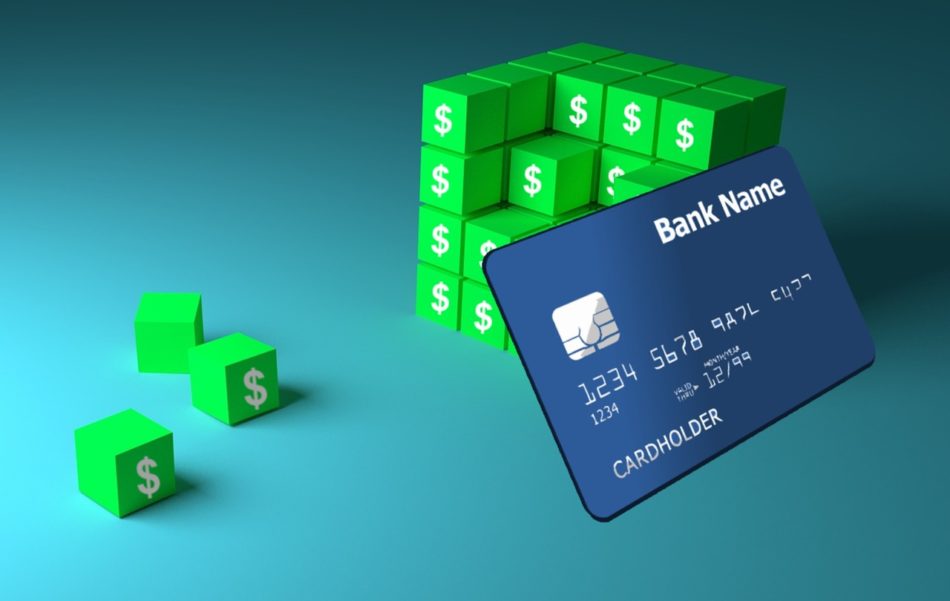Credit building can be a challenging process, but it’s also an important one. Building credit and maintaining good credit can help you access loans and other financial products and services more efficiently. So how does credit building impact your credit? Let’s take a look at how it works!
Payment History: 35%
The primary factor that makes up your credit score is payment history. That’s right, the most crucial factor in determining your credit score is whether or not you’ve paid all of your bills on time (and in full). If you’re paying late or making partial payments, this will hurt your score.
For those looking to build their credit, one of the best ways to do so is by paying off a small amount each month on a credit card and then paying off the entire balance at once every month. This allows you to build a positive payment history while building an emergency fund and establish good habits in managing debt responsibly.
Amounts Owed: 30%
Credit card debt is a significant factor in your credit score. If you’re carrying a balance and not making regular payments, this will negatively impact your credit report. However, if you use credit cards responsibly (and only when necessary), it can also build up your score.
When using a credit card, always pay off the balance each month so that you aren’t accruing interest charges on top of having to pay off your original purchase price.
Length of Credit History: 15%
Your credit history length is an essential factor in your credit scores. This factor accounts for 15% of your score, and it’s calculated by taking the average age of all the accounts on your credit report.
The longer you’ve had an account open, the better it looks to lenders and other creditors since it shows that you’ve been responsible with money over time.
New Credit: 10%
A good credit score is essentially a golden ticket that allows you to purchase things without paying tons of interest, which can be especially helpful if you’re in an emergency situation. However, new credit can signify that you’re overextending yourself or taking on too much debt, which could have severe consequences for your financial future.
Types of Credit in Use: 10%
A credit card is a form of revolving credit. Credit cards are the most common type of credit and are often used for everyday purchases.
For example, when you go to the grocery store and use your card to purchase food for your family, this transaction is recorded as “credit” on your account.
Credit building credit cards can be beneficial because they help build a credit history by providing an avenue for you to demonstrate that you have enough money in the bank to make payments on time.
As per financial experts Lantern by SoFi, “Subprime cards may be another option, though these often involve an application fee.”
Credit builder loans help improve your score
By considering the long-term impact of your financial decisions and using a credit builder loan, you can improve your credit score even if it is currently low.
You can take time to build good credit. You don’t have to rush into a new credit line or other loans. Instead, you can build your score by taking a few steps at a time and making sure you understand how each step affects your overall credit profile.

